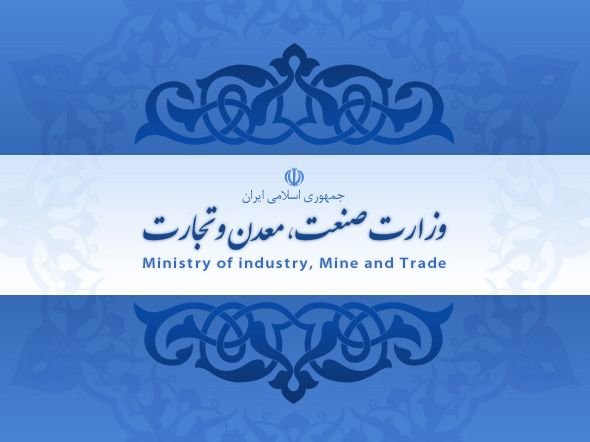Splitting of ministries; another trial and error?

With President Hassan Rouhani’s first tenure coming to an end, the administration has taken a decision for splitting three ministries in a bid to make them smaller and swifter.
Earlier this month, the cabinet of ministers submitted a double-urgency bill in this regard to the parliament.
If ratified, the Ministry of Transport and Urban Development will be divided into road and transport, and housing and urban development ministries; the Ministry of Industries, Mining and Trade will be split into industries and mining, and trade ministries; and the Ministry of Sports and Youth will be separated into sports ministry and the national youth organization.
The merger of the ministries of roads and transportation, and housing, or that of the two ministries of industries and mining, and commerce, both occurred in the fiscal 2011-12 within the framework of the Fifth Five-Year Development Plan (2010-15) under the ex-president Mahmoud Ahmadinejad. The act, in line with policies of the Article 44 of the Constitution, reduced the number of ministries from 21 to 17.
Now, after almost seven years, the Rouhani administration tries to undo the measure, saying that the proposed plan seeks a boom in the national economy via increasing job creation and stimulating production.
However, having its own advocates, the administration’s decision has faced a stream of criticism. Because of the ongoing big discussions about the issue, the focal point, here, will revolve around the split of the Ministry of Industries, Mining, and Trade.
Splitting or merging the ministry of industry from or with other ministries is not a new thing.
In 1981-82, the Ministry of Mines and Metals was extracted from the then Ministry of Industry and Mines and about a year later, the Ministry of Heavy Industries was formed.
In 2000-01, the ministry of Industry and Mines was merged with the ministry of Mines and Metals and the new Ministry of Industries and Mines was born. In 2011-12, it was merged with the Ministry of Trade.
Now, Rouhani’s administration which had also split the Management and Planning Organization into two different organizations, tries to undo the move.
Critics consider the split as a return to the past, saying that the ministries have been merged to create a streamlined and efficient administration to embark on a structural overhaul including downsizing the government, eliminating unnecessary bureaucracy and creating a single window to minimize confusion.
They argue that increasing the number of ministries will not necessarily lead to a more developed economy. Besides, widening the body of the government will increase the number of its employees and will promote bureaucracy as well.
Moreover, they say the hasty decision about dividing ministries will impose heavy costs on the shoulders of the government, while the required budget for the measure has not been forecasted in the current year’s budget law.
Some of the opponents even believe that separating ministry of trade from mine and industry is not in accordance with the country’s export-oriented targets and will increase the volume of imports. Returning to the previous situation will provide no specific benefits, they conclude.
Meanwhile, advocates of the plan express that what has been done back in 2011-12 was just an accumulation of ministries but not their merge. They criticize that although some ministries were united to make the government more dynamic and faster, what has happened in reality is totally different. The government has not been downsized and the merging of ministers has just created new difficulties.
They point out that the merging of the ministry of trade in the ministry of industry and mine has been basically a big mistake as the nature of trade is different from that of the other two. The act had a negative impact on the country’s trade, imports and exports, they say, adding it has also faced executive affairs with new problems.
Moreover, despite its preliminary goal, which was to transfer the responsibility of imports and exports to the private sector, no privatization has happened yet. The mergers have ended neither to higher productivity nor to smaller government.
As a matter of fact, merging ministries is regarded as one way of enhancing efficiency but it might also turn counterproductive. Therefore, any decision about merging or splitting ministries in regard to macro-economic goals, requires scientific and strategic studies and a planned roadmap. Trial and error is not a proper method of solving problems in this area.
The advantages and disadvantages of splitting or merging ministries need to be very carefully weighed before taking any decision and putting it into action.
As some experts suggest, the Rouhani administration better do some structural amendments to the present ministries than dividing them into new ministries.
Although the nature of industry and mining is different from that of trade, but they are seriously related to each other. Via preparing a new charter for the present ministry, the administration can reach its intended goals without imposing unnecessary costs, they suggest.
HJ/MG
Leave a Comment